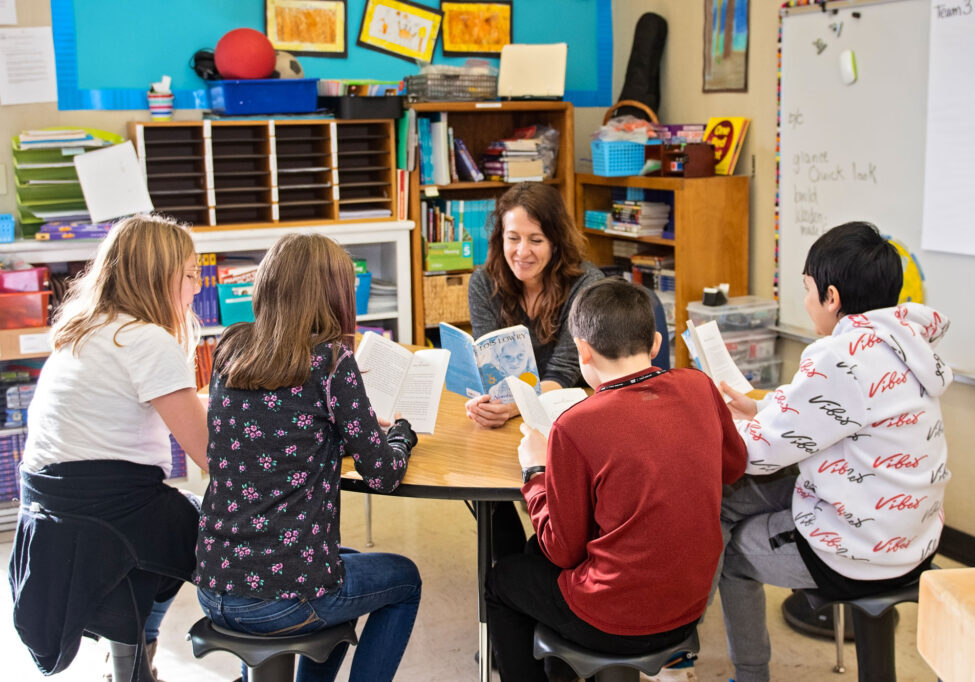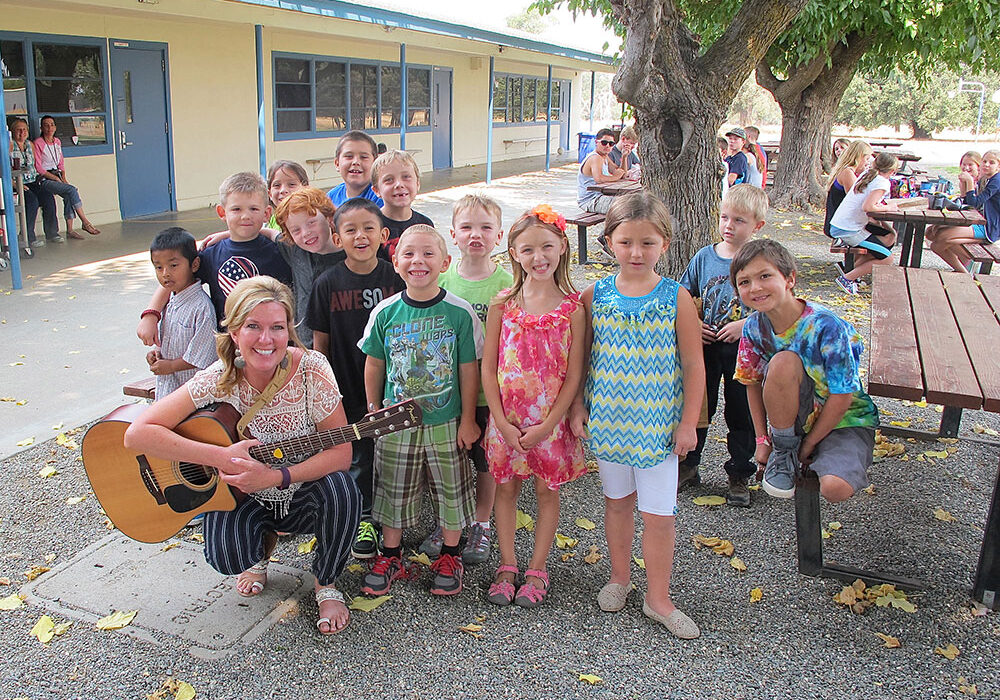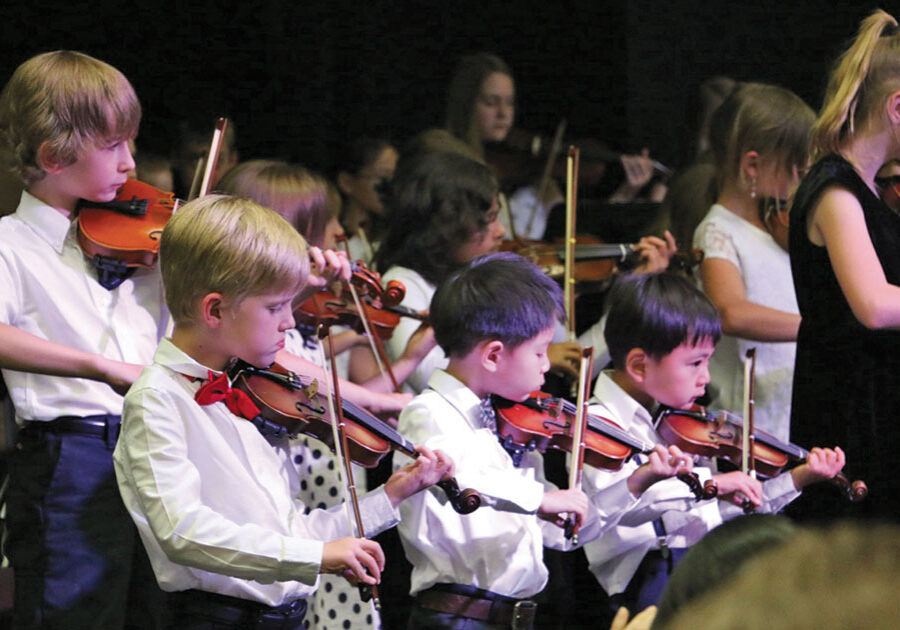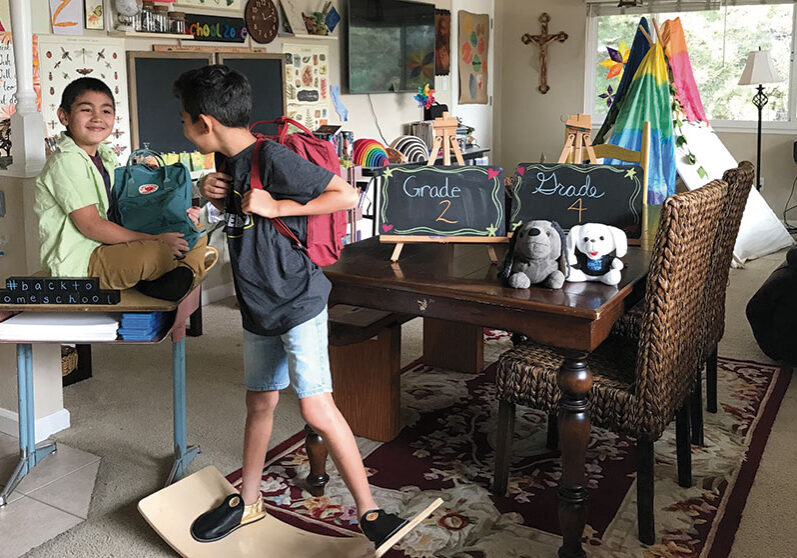There has been considerable buzz in the media about AI. But what exactly is AI? AI stands for artificial intelligence, but AI is not intelligence, in terms of an ability to apply knowledge and skills and conceptualize information. According to Radha R. Sharma, author of “Emotional Intelligence from 17th Century to 21st Century: Perspectives and Directions for Future Research”, intelligence is the capacity for abstraction, logic, understanding, self-awareness, learning, emotional knowledge, reasoning, planning, creativity, critical thinking and problem-solving. Humans evaluate information based on their knowledge, lived experiences, emotional Intelligence, empathy, social context and social interactions. They can create or invent entirely new concepts, hypotheses and ideas.
AI bases information strictly on historical patterns. It could be more accurately called pattern recognition software (PRS). PRS is not intelligence in terms of an ability to analyze and conceptualize the implications of actions.

Impacts of AI in education
For most people, initial contact with AI may be through free software like ChatGPT (short for Chat Generative Pre-Trained Transformer) a cutting-edge language model designed to generate human-like text.
The use of ChatGPT brings with it valid concerns about critical thinking, skill development and ethical considerations associated with AI integration in learning environments. Parents need to be informed about how ChatGPT is used. They should understand what data privacy measures are in place, the ethical guidelines governing its application in education and the strong possibility of misleading or false information generated by AI and given as fact, often referred to in this context as “hallucinations.”
One of the significant impacts of ChatGPT in education is its potential to enhance learning experiences for students. It can serve as a valuable tool by providing instant access to information or clarification on a wide array of subjects. ChatGPT could, when asked the right questions, give further details about how to do a task and suggest the steps to solve a problem or arrange the order of events. ChatGPT software makes suggestions for positive uses for the software such as the following: “Suppose a student is preparing for a history exam and struggling to grasp the events leading up to a particular war. ChatGPT can offer a concise historical overview, highlight key dates and figures, and recommend additional reading materials to reinforce the student’s knowledge.”
The serious downside to the use of ChatGPT and other AI software currently available is that many technologists have assigned intelligence attributes that are simply not there. AI systems will pick up language patterns from the internet and put them together in a way that may be factually incorrect, with potentially plagiarized content that appears accurate and can easily be misconstrued as fact. Additionally, answers generated by AI are “only as good as the information and values of the programmers who design it and their biases can ultimately lead to both flaws in the technology and amplified biases in the real world,” according to Brookings Institute Senior fellows Andre M. Perry and Nicol Turner Lee in their report “AI is Coming to Schools and if We’re Not Careful, so Will its Biases.”
Teaching constructive uses of AI
Students can access answers to many questions through AI applications. How those answers are reported and acknowledged as borrowed, as opposed to original work, is a dominant ethical question of our current educational system. It has become critical to teach students how to research, how to analyze the efficacy of information and to present it in a way that shows comprehension and context, while identifying sources used.
As a high school teacher, I have seen students turn in written work that was generated by AI. The lack of student voice is often evident. Aside from the ethical questions of plagiarism, I wonder what these students learned. I now require much of the work done in my classes to be presented to peers and to include a bibliography of sources to emphasize the focus on learning rather than merely fact-gathering and to provide opportunities for students to learn from each other.
Parents and teachers need to help students develop a critical perspective about information that is presented through AI applications like ChapGPT, as well as on social media and through search engines. No longer can we merely ask for content. We must also ask for evaluation of that content and the sources. It is more important than ever as a teacher, school administrator, parent or mentor to be aware and critical of the broader implications and potential consequences of our choices about where and how we receive information.
Resources and information on AI and ChatGPT
• Unesco article on AI in Education
• Incorporating Artificial Intelligence Into The Classroom: An Examination Of Benefits, Challenges, And Best Practices
• A Conversation with Thomas Freidman About AI
• 40+ Important ChatGPT Statistics to Know in August 2023
Posted in: Education
Comment Policy: All viewpoints are welcome, but comments should remain relevant. Personal attacks, profanity, and aggressive behavior are not allowed. No spam, advertising, or promoting of products/services. Please, only use your real name and limit the amount of links submitted in your comment.
You Might Also Like...

Living History at Chapman Elementary School Library – Growing Compassion Through Literacy and History
Two dozen faces at Chapman Elementary School Library gazed in wonder as 98-year-old Ingrid Nielsen brought literature to life right before their eyes. “I was born and raised in a […]

How To Talk To A Teacher
A meeting between you and your child’s teacher can be a powerful tool for helping your child succeed in school. Whether scheduled by the school, requested by you, or suggested by […]

“MOM! I Don’t Want to Set Goals!” Talking to Your Teen About Goals
As we leave 2024 behind us and look forward with hope to a bright new year, we begin to set new year’s resolutions, or as they are called the rest […]

Small Schools Offer Big Benefits
Bigger isn’t always better. With less than 100 students enrolled at their comfortably sized campuses, Bend Elementary School and Monarch Learning Center are proving that smaller schools are, in fact, […]



